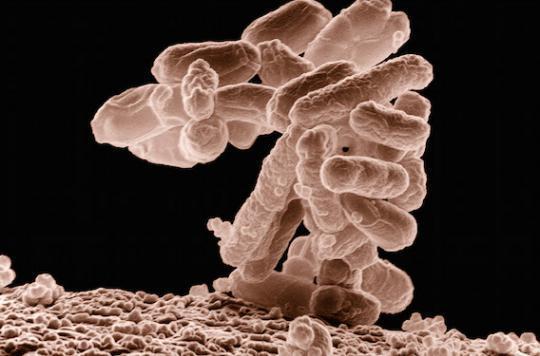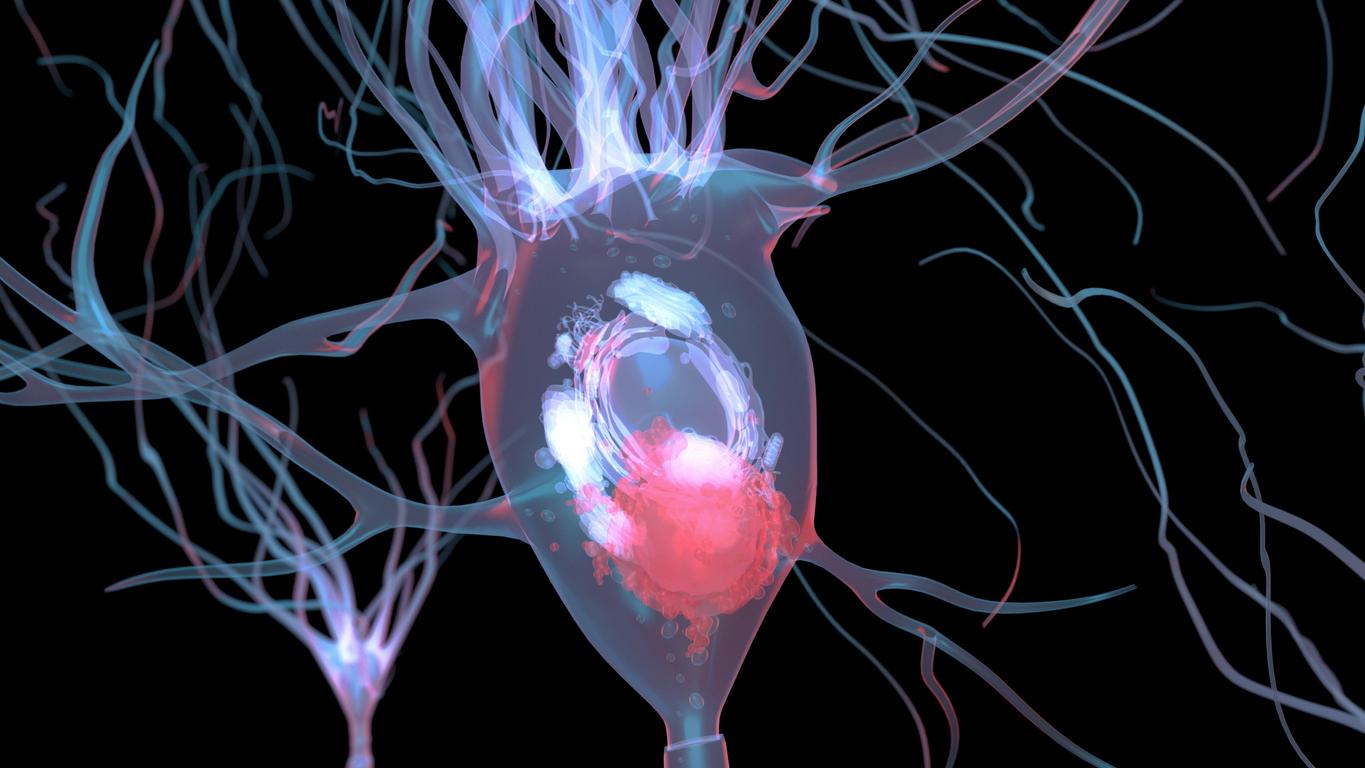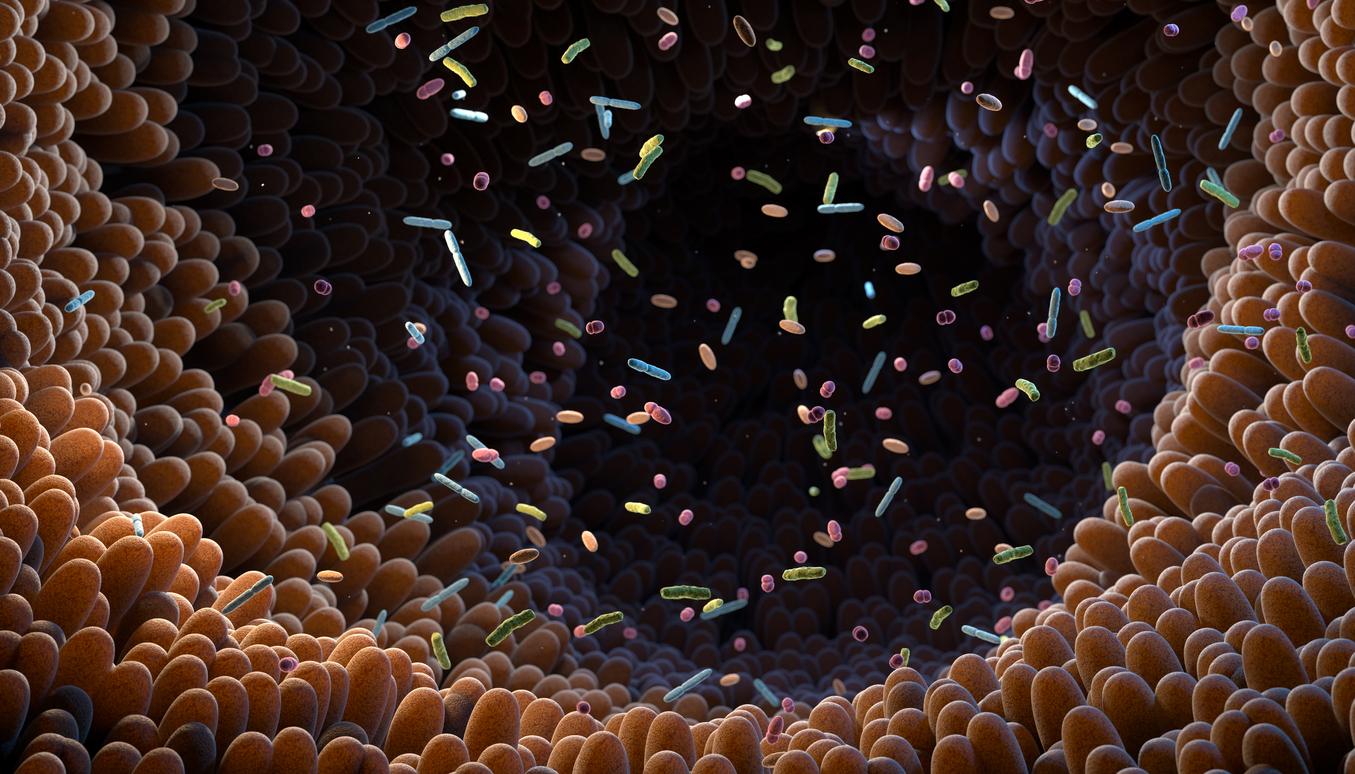An American study sheds light on the possible role played by the microbiota in the development of neurodegenerative diseases. An encouraging lead that could lead to a new form of treatment.

What if neurodegenerative diseases such as Alzheimer’s or Parkinson’s were indirectly linked to our intestines? This is what suggests a recent American study conducted by the Louisville School of Medicine (United States) and published in Scientific reports.
Researchers have succeeded in establishing a link between these pathologies and our intestinal flora by studying two types of proteins: amyloid and alpha-synuclein. The first is an intestinal protein, produced by bacteria. The second is a protein naturally secreted by the brain. However, researchers have found that the latter turns into amyloid if it is produced in excessive quantities.
“Cross-seeding”
To achieve these results, the researchers injected bacteria E-coli capable of producing amyloid proteins in a first group of rats, in which they observed increased levels of alpha-synuclein production in the intestines and in the brain. A group of control rats received similar bacteria but unable to produce alpha-synuclein: in these animals no effect was observed.
These results therefore suggest a possible link between the intestinal flora and certain brain processes involved in the appearance of neurodegenerative diseases. In view of these results, the researchers consider two hypotheses: the first is that the production of amyloid by the bacteria of the microbiota would lead to the creation of immune cells and would lead to inflammation of the brain. The second theory suggests the possibility of “cross-seeding”, which promotes the agglutination of proteins produced by the microbiota in neurons.
Ideas for new preventive treatments
This possible influence of intestinal bacteria on the development of neurodegenerative diseases paves the way for new preventive or therapeutic treatments by targeting the microbiota. For Dr. Robert P. Friedland, lead author of the study, this conclusion is essential: “Most diseases are not caused by genes, and the gut is our most important environmental exposure. we have multiple therapeutic options to influence bacterial communities in the gut microbiota. “
.

















